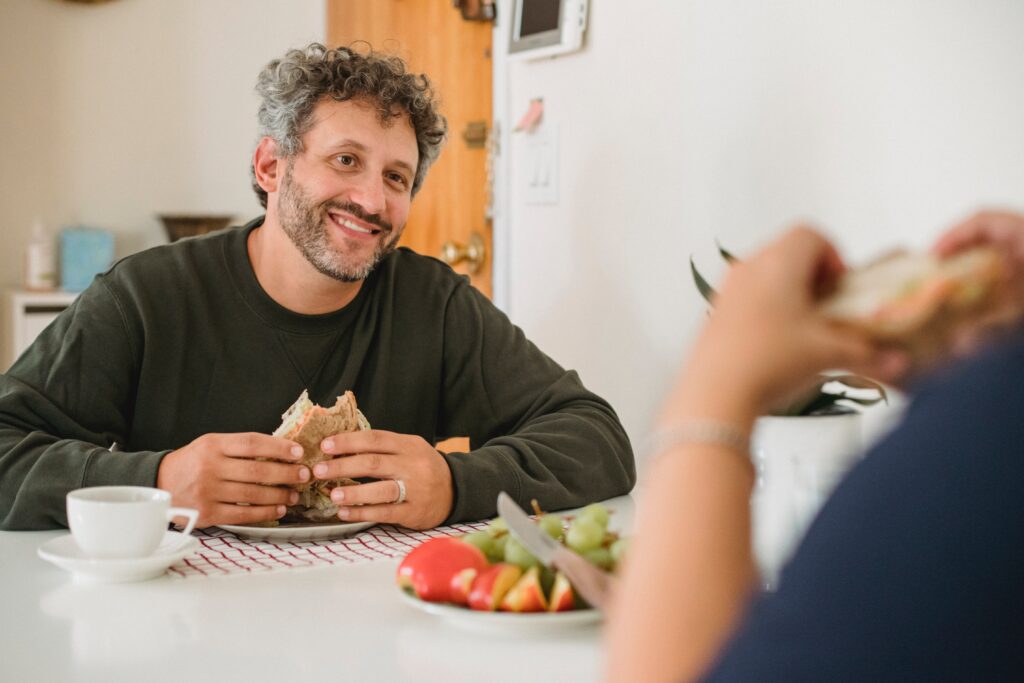How often do we blame ourselves after making a mistake? For most of us, this is an everyday experience that comes at a high cost.
Here’s an example: I was just rude to my mother on the phone. My tone was unnecessarily edgy and I snapped. I feel terrible. And on top of feeling terrible, my inner critic (that nagging voice in my head) is now calling me “a terrible son” and I’m believing this voice. Furthermore, my guilt is starting to punish me with much the same intensity with which my teachers in middle school gave punishments, “You should have known better, you messed everything up!”
Now, I am not only feeling bad about what I did, I am also starting to drown in toxic shame (terrible son, bad person) as well as guilt in the form of self-blame (I shouldn’t have!).
The more I get lost in these dramatics, the further away I am from having the energy and clarity to take real responsibility for my behavior. In other words, the more toxic shame and guilt I feel, the less I can hear the voice of my conscience that gently nudges me when I step outside of my own integrity and hurt someone as a result.

Our healthy shame, our empathy, our compassion, and the voice of our conscience must all work together for us to take accountability and repair wounds and broken trust. When we feel healthy shame (healthy remorse and regret), we can be compassionate towards ourselves and take responsibility for our hurtful behavior at the same time.
Differentiating between toxic shame, guilt, and healthy shame is a real art that takes a lot of practise. Shaming others and allowing them to shame us are strong habits we must eventually leave behind.
Understanding shame and guilt, looking at the ways we have been shamed in early life, and healing those wounds can perhaps only be done in the caring and supportive environment of deep therapy. As we heal from the wounds of shame and self-punishment, a life of self-acceptance and open-eyed mercy become our default. We begin to step into more love for self and others and we feel more at peace within.
Another container for such deep healing and growth is close relationships. When those close to us are truly respectful and loving with us, these deep wounds have a chance to get exposed and begin to heal. Compassion and connection are the healing agents here as we open more and more deeply to our pain.

With some work on the inner critic, we get to a place where we can hear it in our heads and choose to not believe it. The inner critic is a bully whose pronouncements are used to wound us. Once we see this very clearly, we no longer become its victim and, in fact, can protect the younger place in us against it.
When we protect what is young and vulnerable in us, we can breathe more deeply, feel the ground under our feet, and keep our dignity and self-worth under difficult circumstances.
It all begins with becoming more aware of our inner critic.
Answering the following questions could be a great place to start:
- What are the messages of my inner critic?
- What happens to me when I believe it?
- Whose voice is it?
- What is the tone of this voice?
- How old do I feel when I believe this voice?
- Who would I be if I didn’t believe this voice?



